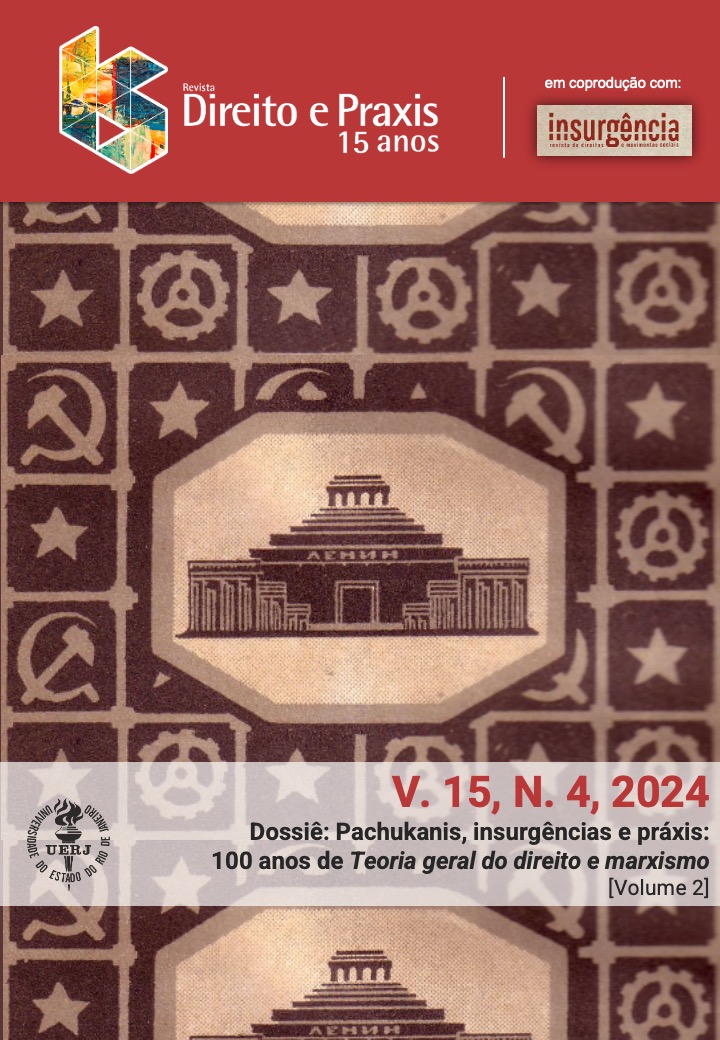Public Policies for Conciliation Family and Work
the adoption of a feminist perspective in mobilizing the Judiciary for access to daycare
Keywords:
Gender equality, Family-work conciliation, Mobilization of LawAbstract
https://doi.org/10.1590/2179-8966/2024/77983
The phenomenon of social mobilization of Law is characterized by the search of various social groups by the Judiciary in order to implement rights threatened or excluded by other powers. In a recent decision of The Federal Supreme Court, framed in this phenomenon, women’s rights to work and family were highlighted when the body determined the immediate duty of municipal entities to offer vacancies in public day care centers and preschools in view of the State’s omission, in the judgment of Special Appeal 1008166. Public policies on early childhood education play an important role in disrupting women’s multiple workdays, a problem related to the permanence of the sexual division of labor and the permanence of gender-assisted structures in Brazilian society. Bearing in mind the pertinence of such a theme, this article sought to explore this relationship, through documentary and theoretical research, with a deductive approach. It also sought to deepen the issues processed in the procedural judgment linked to gender discrimination, reaching conclusions that emphasize the essentiality of Law in feminist struggles for social and legal recognition.
Keywords: Gender equality; Family-work conciliation; Mobilization of Law.
Downloads
Downloads
Published
How to Cite
Issue
Section
License
Copyright (c) 2024 Direito e Práxis

This work is licensed under a Creative Commons Attribution 4.0 International License.
The authors the sole responsibility for their texts.
It is allowed the total or partial reproduction of the articles of the Journal Law and Praxis, if the author is mentioned.
This work is licensed under a Creative Commons Attribution-Noncommercial-Share Alike 4.0 Unported License.
This license allows you to copy and redistribute the material in any medium or format for any purpose, even commercial, provided the original authorship is cited.
This work is licensed under a Creative Commons Attribution 4.0 International License.



